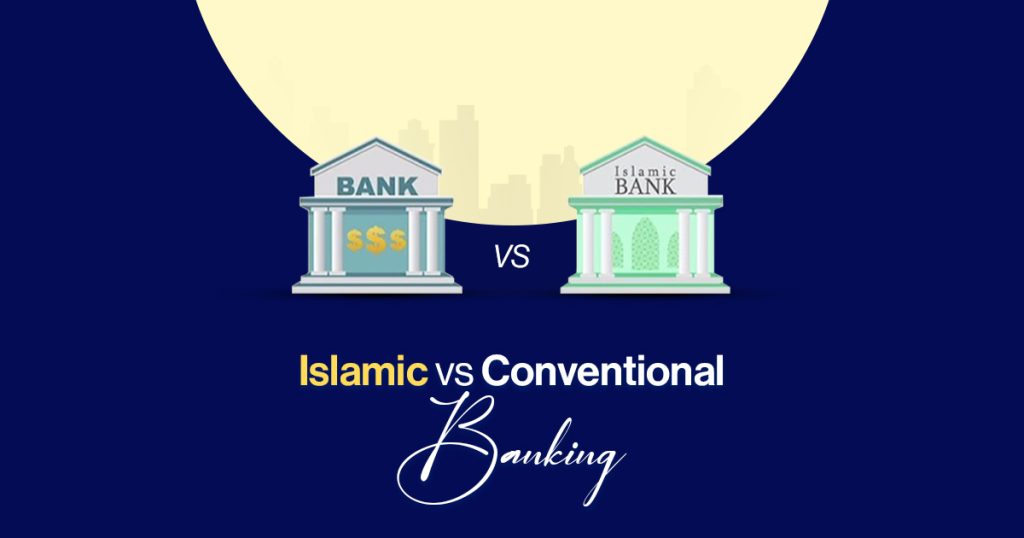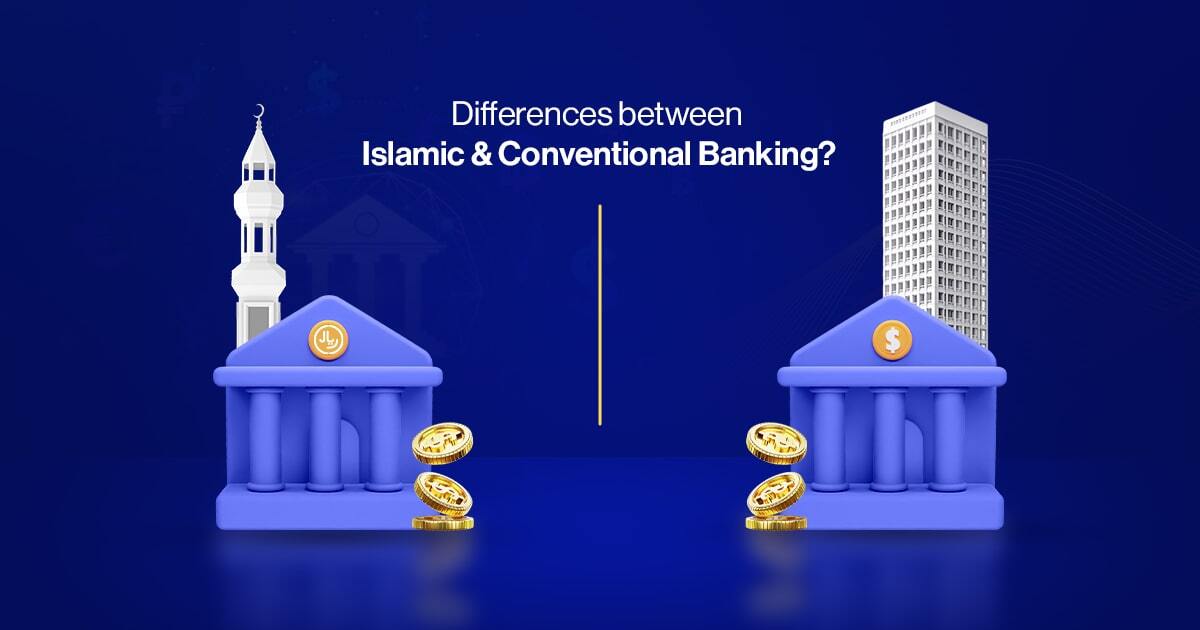
Definition of Bank:
Bank is a term that refers to an institution, govt. or private, that collects money from the public, uses it for its own purpose and returns it on their demands, as well as facilitates the transfer of money from one place to another anywhere in the world.
Currently, most of the banking system in the world is running on interest. The big banks of the world have taken over the many countries by giving loans on high value interest and forcing them to do financial transactions on their own terms. As a result, small level banks also work on interest basis from the public.
Definition of interest:
In the definition of interest, this hadith is usually presented that:
Any fixed profit that is earned by giving a loan, is called interest. (Al-Mutalib al-Aaliyyah in Zawa’id Al-Thamaaniyyah: 1440, Baghiya al-Baqih in Zawaid Musnad al-Harith: 437)
Although this hadith is weak and could not be used for the meaning mentioned above, but the same meaning is also taken from a hadith of Sahih Bukhari, so there is a hadith in Sahih Bukhari whose words are as follows:
Narrated AbU Burda: When I came to Madina, I met ‘Abdullãh bin Salam. He said, “Will you come to me so that I may serve you with Sawiq (i.e., powdered barley) and dates, and let you enter a (blessed) house that in which the Prophet entered?” Then he added, “You are in a country where the practice of Riba 1 is prevalent; so if somebody owes you something and he sends you a present of a load of chopped straw, or a load of barley, or a load of provender then do not take it, as it is Ribã. (Sahih Bukhari: 3814)
It is known from this tradition that if someone lends something to someone and the debtor also gives a gift to the lender because of the loan on his behalf, then it will be invalid, whereas if due to this debt, a specific If it gives profit, it will come under the category of interest.
Almost all the banks of the world do their business in the same way that either they receive money from the public and declare a fixed profit on it or they give money to the public and receive a fixed amount from them as profit. This principle applies to all these banks. Conventional banks are doing this in all the countries of the world, while some banks are using Islamic names or calling themselves Islamic principles. But the worker is pretending to be doing the same thing, so this rule will clarify the difference that giving or taking fixed interest on a loan is interest.
Conventional banks keep their profit in the form of interest and go to great lengths to get it, while banks working on Islamic principles usually do their business keeping two things in mind, which are detailed below:
On sale of goods:
Islamic banks do not lend money to the public but sell things like houses, cars and mobiles etc. Their method is to buy things from the original owner at full price and then sell those things to customers on specific terms. Some Shariah conditions are valid and some conditions are not Shariah valid.
If these banks charge a bit more than the market price, then it is permissible. Similarly, if they charge more than the market price, then this will also be correct. If it is not done, he will be fined so much, then this condition will not be permissible because the amount that is not being paid by him is as if he has a debt and more money is being collected in the form of penalty on the debt which is interest. will fall into the category of
Contribution to Business:
Many Islamic banks give profit to the public on the basis of “mudharabah” or partnership. It should be noted that mudarabah or partnership is valid in Shariah terms with certain conditions. The person dealing with the bank should not surrender his money to the bank until he goes thorough research in the light of these conditions.
Terms of Competition:
The business should be halal and Shariah permissible
The business must be clear i.e. the bank will be obliged to state that your money will be invested in such and such business and its full details are known to the lender.
The person giving the money should share in both the profit and the loss, that is, if there is a profit, then the bank and the money lender will share in the profit in a fixed proportion, but if there is a loss, then the loss will be covered first and the remaining profit will be shared.
If the bank does business with these conditions then it is valid, if any of these conditions are missing or any condition is imposed which is not permissible in Shariah then this Mudarabat is not valid.
Generally, Islamic banks work by using the name of Mudarabat, but their main purpose is to take money from the public in the name of Mudarabat and give profit by using it like normal conventional banks, they do not meet the above conditions.
In summary, we can say that giving special profit or taking profit on the loan of money is usury, a bank doing such an act will not be Islamic, even if it shows itself as an Islamic bank.
A bank doing business on the principle of sale of goods and Mudarabat, which has named itself Islamic or claims to work on Islamic principles, is an Islamic bank if it is working in keeping with the above Shariah conditions. And it will be right to do business with him, but if he is not keeping the above conditions in mind, then despite having an Islamic name, it will not be called an Islamic bank.




